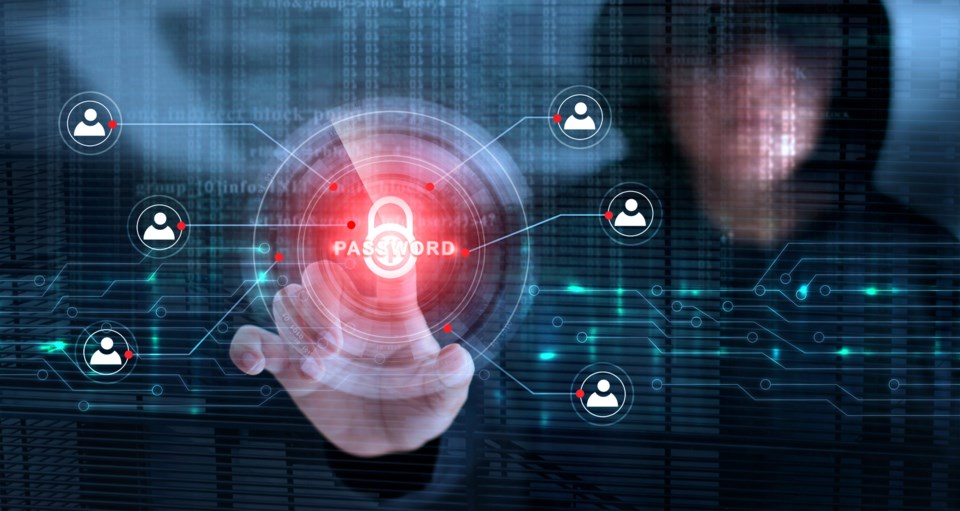Coquitlam city hall will spend nearly $100,000 to boost its cyber security.
This month, as part of the city’s 2021 financial plan, council set aside $97,500 to handle the rising number of online threats such as malware, ransomware, phishing and denial-of-service.
The request to improve the city’s systems came in October, during the budget presentation by Nikki Caulfield, Coquitlam’s general manager of corporate services. The technology update will be phased in over two years starting in mid-2021, she told council.
The technology improvement is not related to pandemic, said Danny Bandiera, Coquitlam’s manager of information communications and technology. “Cyber threats are constantly evolving,” he said. “The COVID-19 outbreak is no exception.”
Bandiera did not give examples of previous cyber attacks on the municipality; however, he said civic employees are trained in cyber security awareness, and the new money will “further augment existing internal IT security resources.”
The topic of cyber security came up this month for TransLink when the regional transportation authority said a ransomware attack affected its phones, online services and payment systems on Dec. 1.
The previous month, the city of Saint John suspended its online services after it sustained a ransomware attack while, in September, the city of Prince George was defrauded of $700,000 in a computer theft.
NEIGHBOURING CITIES
Civic staff in Port Coquitlam and Port Moody are also on alert to prevent hacker attacks.
While PoCo doesn’t have new funding for cyber security in its draft 2021 budget, the municipality is currently enhancing its technology with firewall upgrades, increased end-point security and tighter spam filtering, said Aiden Sheridan, PoCo’s information services manager.
And next year, the city will update its network, which will also beef up security at the physical network level and expand networking monitoring. A security audit is also planned for 2021.
“Ensuring the confidentiality of our records and the security of our residents, staff and customers is our top concern,” Sheridan said.
In Port Moody, phishing attempts that reference the COVID-19 pandemic are on the uptick, said Paul Rockwood, general manager of finance and technology. (Phishing is when mass emails are sent out that appear to be from a legitimate source but have malicious attachments or links that can trick the receiver into revealing personal information on their computer).
“There have been recent instances where phishing has been used in an attempt to impersonate government agencies so we are very mindful of this potential threat and continuously adjust our software, policies and procedures to help mitigate risks of a cyber-security event,” Rockwell told the Tri-City News.
According to techjury.net, a new cyber attack happens every 39 seconds, with about 94% of all malware spread through email. Around the world, 30,000 websites are hacked every day.





